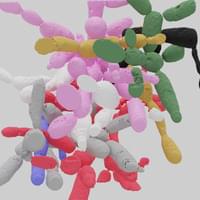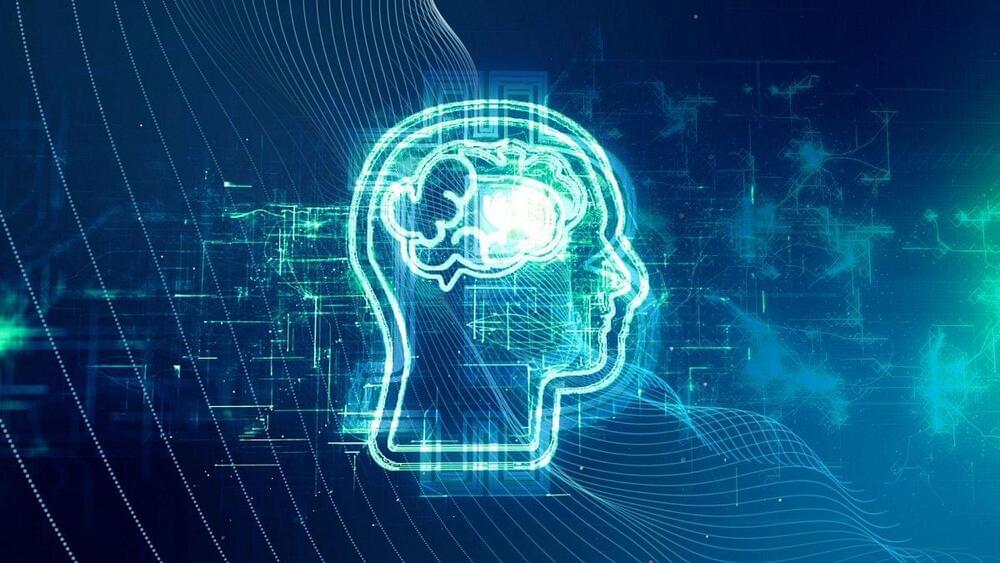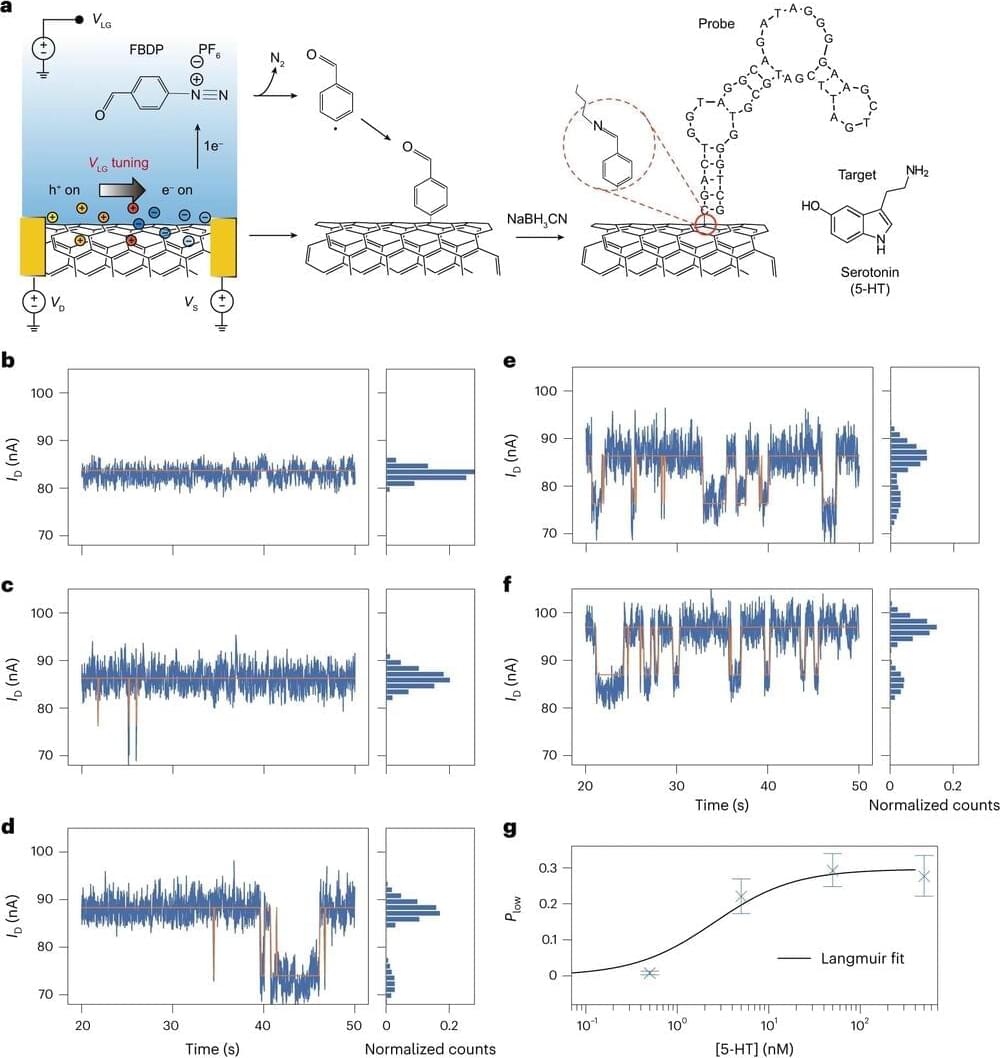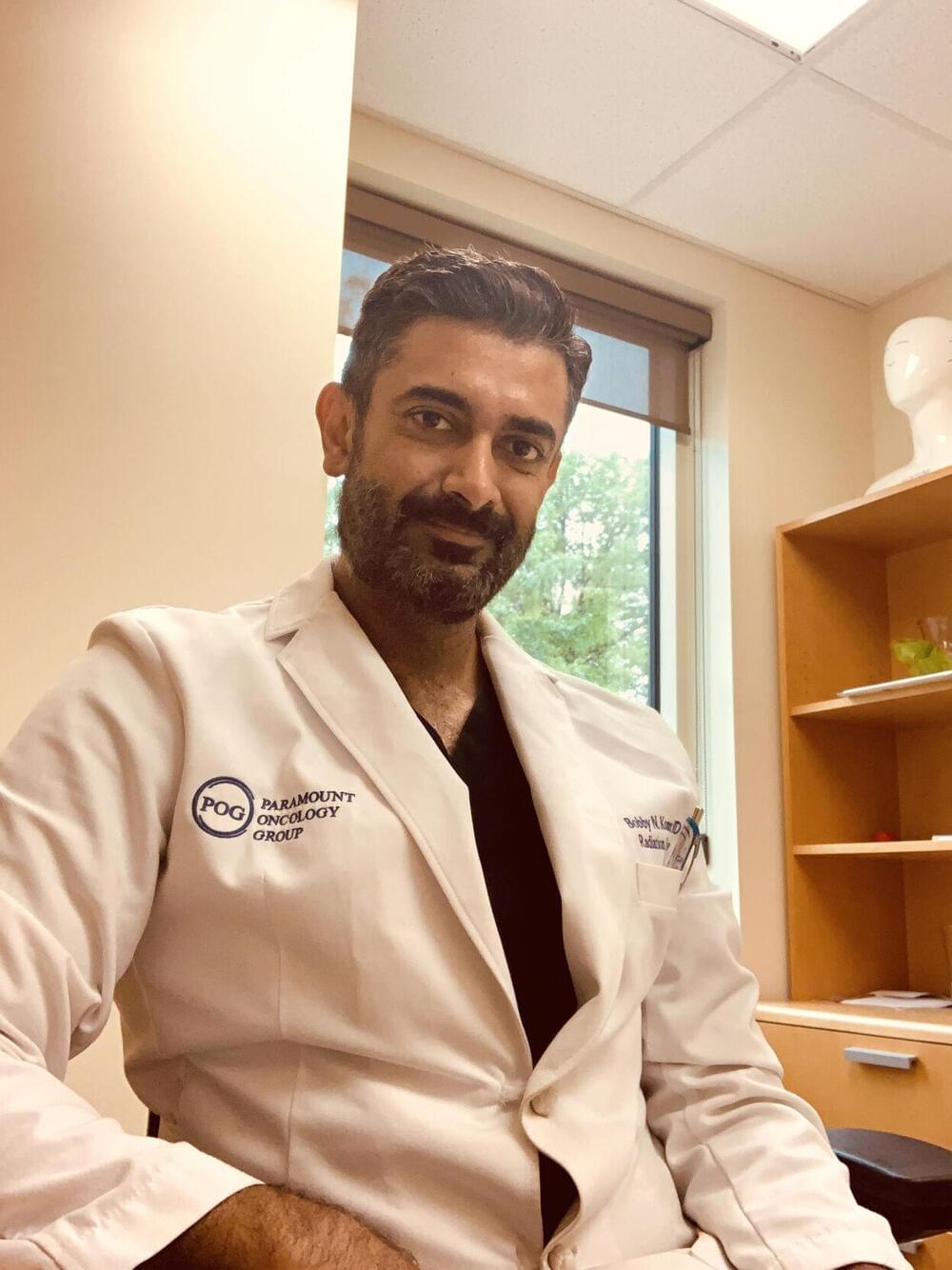
Wires and cables are not the only things that can get entangled: Plants, fungi, and bacteria can all exhibit filamentous or branching growth patterns that eventually become entangled too. Previous work with nonliving materials demonstrated that entanglement can produce unique and desirable material properties, but achieving entanglement requires meticulously engineered material structure and geometry. It has been unclear if the same rules apply to organisms, which, unlike nonliving systems, develop through a process of progressive growth. Through a blend of experiments and simulations, we show that growth easily produces entanglement.
Specifically, we find that treelike growth leads to branch arrangements that cannot be disassembled without breaking or deforming branches. Further, entanglement via growth is possible for a wide range of geometries. In fact, it appears to be largely insensitive to the geometry of branched trees but instead depends sensitively on how long the organism can keep growing. In other words, growing branched trees can entangle with almost any geometry if they keep growing for a long-enough time.
Entanglement via growth appears to be largely distinct from, and easier to achieve than, entanglement of nonliving materials. These observations may in part account for the broad prevalence of entanglement in biological systems, as well as inform recent experiments that observed the rapid evolution of entanglement, though much still remains to be discovered.


















